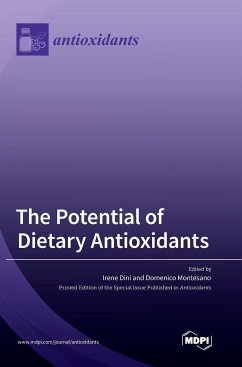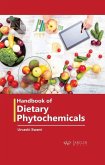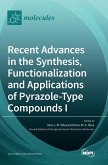Oxidative stress causes chronic diseases such as cardiovascular disease, cancer, Alzheimer, chronic obstructive pulmonary, and neurodegenerative pathologies. Antioxidant systems defend human cells from free radicals. They act by stopping free radicals, decreasing their development, and quenching the formed ROS and RNS. The antioxidant molecules are classified into primary and secondary defense molecules. The primary antioxidant molecules (i.e., vitamins C and E, ubiquinone, and glutathione) reduce oxidation effects by moving a proton to the free radical species or electron donors, or by terminating the chain reactions The secondary antioxidants (i.e., N-acetyl cysteine and lipoic acid) act as cofactors for some enzyme systems or neutralize the production of free radicals by transition metals. This work comprises original research papers and reviews on antioxidant molecules in food, the agricultural practices that maximize their levels in plants, the potential preventive effects of selected classes of antioxidant molecules, their potential use in functional foods, and the pharmaceutical delivery systems that maximize their potential activity when used as supplements.
Hinweis: Dieser Artikel kann nur an eine deutsche Lieferadresse ausgeliefert werden.
Hinweis: Dieser Artikel kann nur an eine deutsche Lieferadresse ausgeliefert werden.








